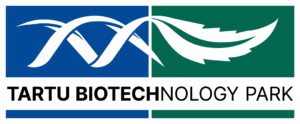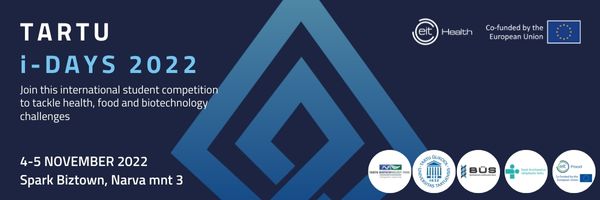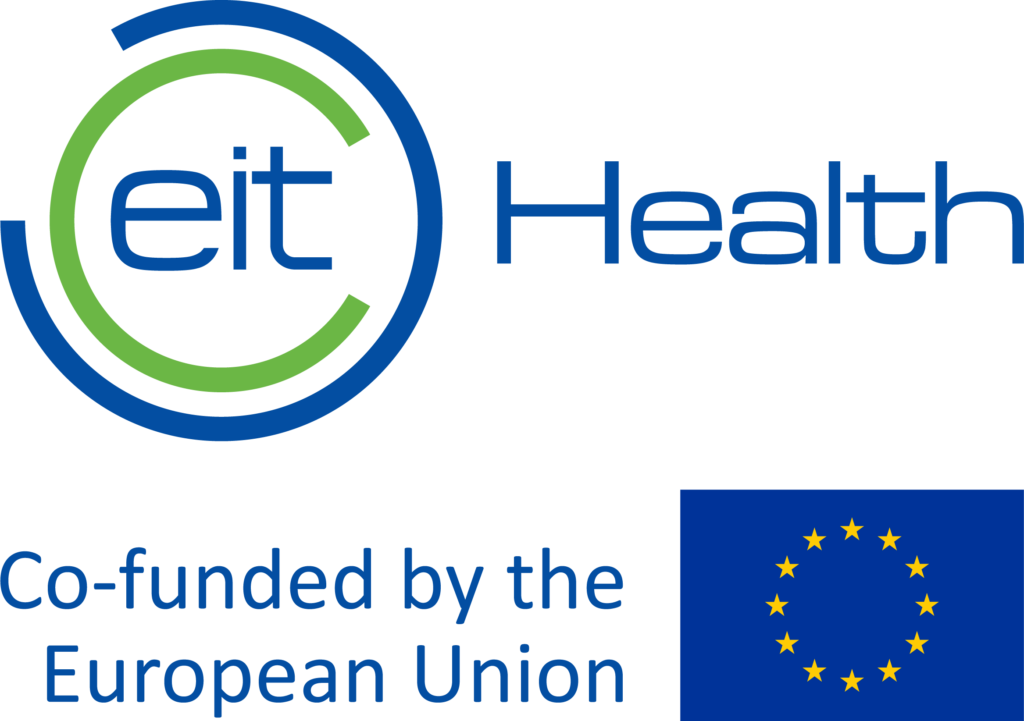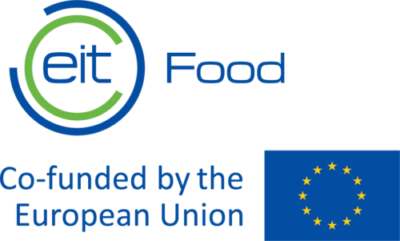Tartu i-Days 2022 student hackathon had 10 teams solving challenges in the fields of health, food and biotechnology
On November 4-5, at the fifth Tartu i-Days hackathon, students solved various health, food and biotechnology sector challenges and made their important contribution to making the world a better and more sustainable place.
This year, the two-day Tartu i-Days event was moderated by Vaido Mikheim (Startup Estonia), who made the hackathon run smoothly with an intense program and kept the spirits of all participants high.
On the first day, the participants could listen to two food-related presentations: Tarmo Seliste introduced his company FudLoop, which aims to reduce food waste, and Rainer Kravets, program manager of the Food Innovation Summit 2022, shared his knowledge of alternative proteins. Hackathon teams were then formed and by the start of the design thinking workshop there were ten teams with different ideas.
Taavi Tamm (Startup Lab Pärnu) conducted a very engaging workshop on design thinking, where the participants got useful tips and knowledge: how to analyze a problem, find a customer, create and offer value, engage the community, etc. Design thinking workshop with thought-provoking practical tasks ended the first day of the Tartu i-Days.
The second day started with health-related presentations: Merike Leego, EIT Health representative, introduced how the European Commission offers support to beginning innovators and start-ups, Ann Leen Mahhov inspired the participants of the event with her experience on founding and developing a start-up TheraSync – a platform where a person in need of help with a mental health problem and his treatment team meet.
After that the teams started working intensively to further develop their ideas, and for this they were helped by mentors – experienced experts from various fields. Mentors made the participants think about questions that they might not have thought of themselves and if necessary, calmed too far-fetched ideas or instead gave new impetus to the ideas with the right questions. On this occasion, the teams were supported by ten excellent mentors: Ann Leen Mahhov (TheraSync), Alo Lilles (TalTech), Elena Shkut (BioCC), Kadi Rammul (BioCC), Karl Rene Kõlvart (Solis BioDyne), Liina Joller-Vahter (Power Algae, University of Tartu), Meelis Kadaja (Icosagen), Merike Leego (EIT Health), Rainer Kravets (Taimne Teisipäev) and Viljam Viljasoo (Tartu Business Advisory Services).
The intensive teamwork was put on hold by a workshop on pitching by Vaido Mikheim, where team members learned the ways of presenting their ideas in a convincing manner.
The workshop was followed by some more teamwork and a mentoring session, and finally preparations for the pitching competition began. All ten teams had to pitch their ideas and solutions to the jury within two minutes. The teams tried to find solutions to problems in the field of health and food.
All the teams gave very engaging and thoughtful pitches, and the jury had a very difficult time choosing the award winners. The jury members were Ann Leen Mahhov, Katrin Kaarna, Viljam Viljasoo, Sven Parkel and Merike Leego.
To motivate the teams to take their business ideas on the next level, several prizes were given out at the competition:
The team that won a chance to represent Estonia at the EIT Health i-Days European finals was Männlich, Team Männlich, whose plan is to create a platform focused on promoting men’s health through competitive challenges.
The EIT Health 500€ award was won by the team Care-Hand, which had the idea of developing a patient transfer system for lifting immobile patients from a bed to a stretcher in order to reduce the physical burden on nurses and doctors.
The EIT Food 500€ award was won by the team OTOH, whose goal is to develop various learning tools on food safety (e.g. interactive online trainings) aimed specifically at food-related companies.
Five hours of consultations from the Tartu Biotechnology Park was won by the team AllerGone, which wants to develop a special product for cats that allows to reduce the allergic reaction in people with cat allergy.

















